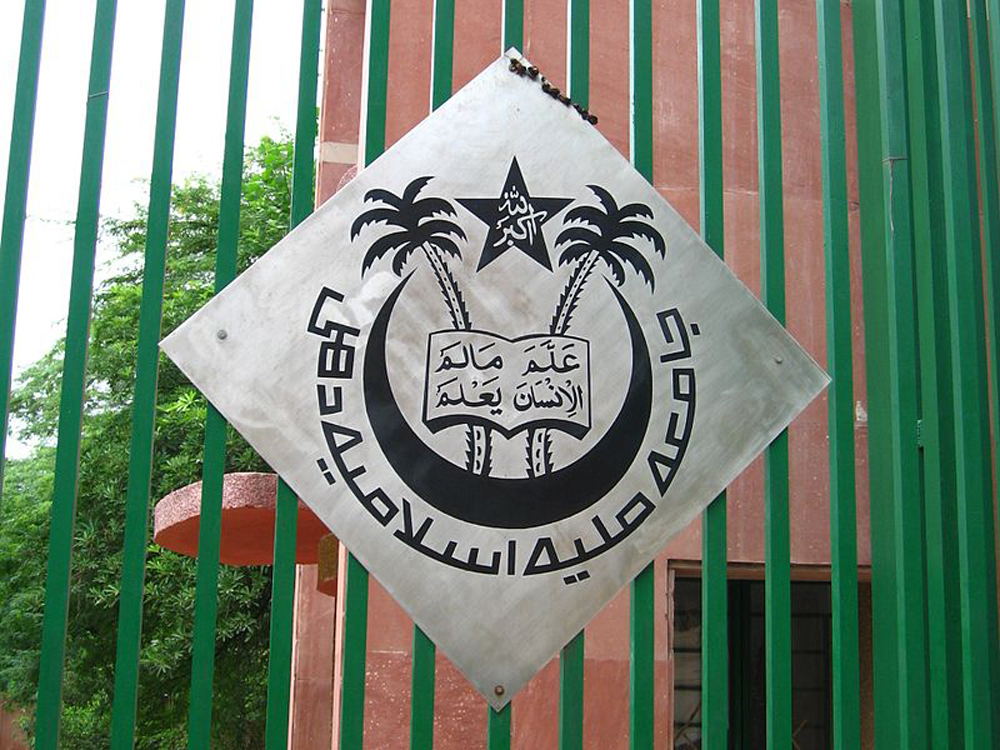JNU sedition case: Students and activists all over the country protest in support. Eminent directors return their National Awards in solidarity with the FTII students’ agitation. Such headlines did catch my attention as a student and, like the majority of Indians, I too looked away. In my cocoon of private schooling and private college in Calcutta, such protests and agitations seemed like tales from foreign lands. Students colliding with the administration, opinions voiced and curbed, violence against students, morphed and biased news stories — these things did not exist in my life. But now, as a student of Jamia Millia Islamia, I am witnessing the reality of all these conflicts.
On October 5, the faculty of architecture and ekistics (the science of human settlements) organised the Global Health Zenith Confluence with Israel as the country partner. Keeping in mind the relation between Israel and Palestine, 20 students of Jamia Millia Islamia started a symbolic protest against the involvement of Israel. After an hour, security guards reportedly came and picked up two of the protesters, Anas Jamal and Abu Darda Khan. According to eyewitnesses, Anas and Abu were taken to the proctor’s office in the proctorial van, beaten and locked up. They somehow managed to contact others, seeking help. A few students went to the proctor’s office and requested the release of the students but the staff reportedly paid no heed.
As the situation worsened, a scuffle broke out. Security guards allegedly maltreated two girls involved in the argument while two male students were slapped and pushed to the ground, all in the presence of the authorities.
The chief proctor raised a question, “Did you take any permission to protest?” (Students do not have to seek permission to hold a protest on campus.) Does this not encapsulate everything that is wrong with our society today? We, as a nation, claim to be democratic and quote the fundamental rights and duties defined in the Indian Constitution. Where is our freedom of speech? Why is every opinion not in alliance with that of the authorities challenged?
The CCTV footage reportedly showed the manhandling of students by the guards. Still, without any further discussion, five students were served a showcause notice on October 11, which said the students initiated violence on campus despite the administration’s attempt to deal with them peacefully. The media reported this view of the authorities instead of probing the truth.
As a student of Jamia, I realised the bias in the articles. But will people outside the university sense it? Who will stand with the students who are continually being harassed by the authorities? A 2006 order has, significantly, prohibited the formation of any students’ union in Jamia Millia Islamia, making it the only central university in India without a students’ union.
The students are on a day-night silent protest on campus from October 14. Their demands are:
- Withdraw the showcause notice
- Letter of apology from the chief proctor
- No action against any student howsover involved
- Disciplinary action against the guards involved
- Action against proctorial staff for manhandling students.
A discipline committee against the protestors was convened on October 18 but students refused to attend it because it is the chief proctor who convenes it. The students are demanding an independent investigation.
Sometimes I wonder if I’d have known of this violation of fundamental rights had I not been at this university. I suppose I would have read it somewhere but, like most of you now, flipped the page and moved on. Like every other issue in this country, this too would have affected only the few students involved while the rest continued to live in peace for it did not happen to them.
As told to Manasi Shah











